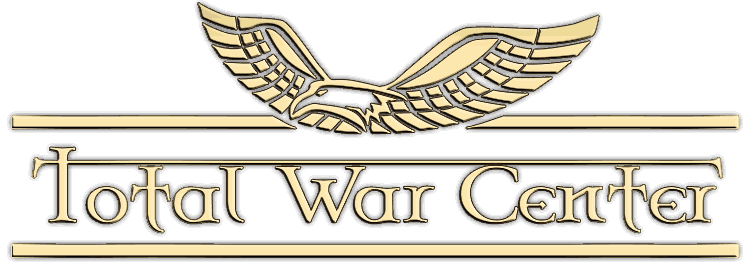Uralic-Altaic Peoples History
Turanians or Turanian tribes is a term that has been used in references to diverse groups of people. Some of the references have become obsolete in modern scholarship. The term Turanian tribes may refer to or may have referred to at one time:
an Iranian ethnic group mentioned in the Avesta, see Turan.
any historical people of Transoxiana or present-day Turkistan.
any historical Ural-Altaic people, in particular:
the Turkic peoples during Turkic expansion.
the Huns described by the Europeans and Chinese.
the Mongols, who are distantly related to the Turks.
some sources has mentioned the Japanese people.
non-Semitic and non-Indo-European peoples of the Late Bronze Age, see Hurro-Urartian and Etruscans.
the Dravidian people of southern India and Pakistan.
speakers of Caucasian Languages.
The Basques of western Europe (northern Spain and southwest France) are theorized to have Turanian ancestors.
The Sami or Lapps of northern Scandinavia.
Finno-Ugric peoples like the Finns, Estonians, Hungarians and Volga Bulgars.
Turanianism promotes the idea of Turanians are the oldest ethnocultural groups of humanity, and how East Asians, sub-Saharan Africans, white Caucasians or Indo-Europeans ("Aryans"), and indigenous peoples of the Americas are theoratic descendants of a former Turanian "race" of the last ice age.
the term has some currency in Turkish nationalism, see Turanism, Turanian Society and Pan-Turkism.
-








